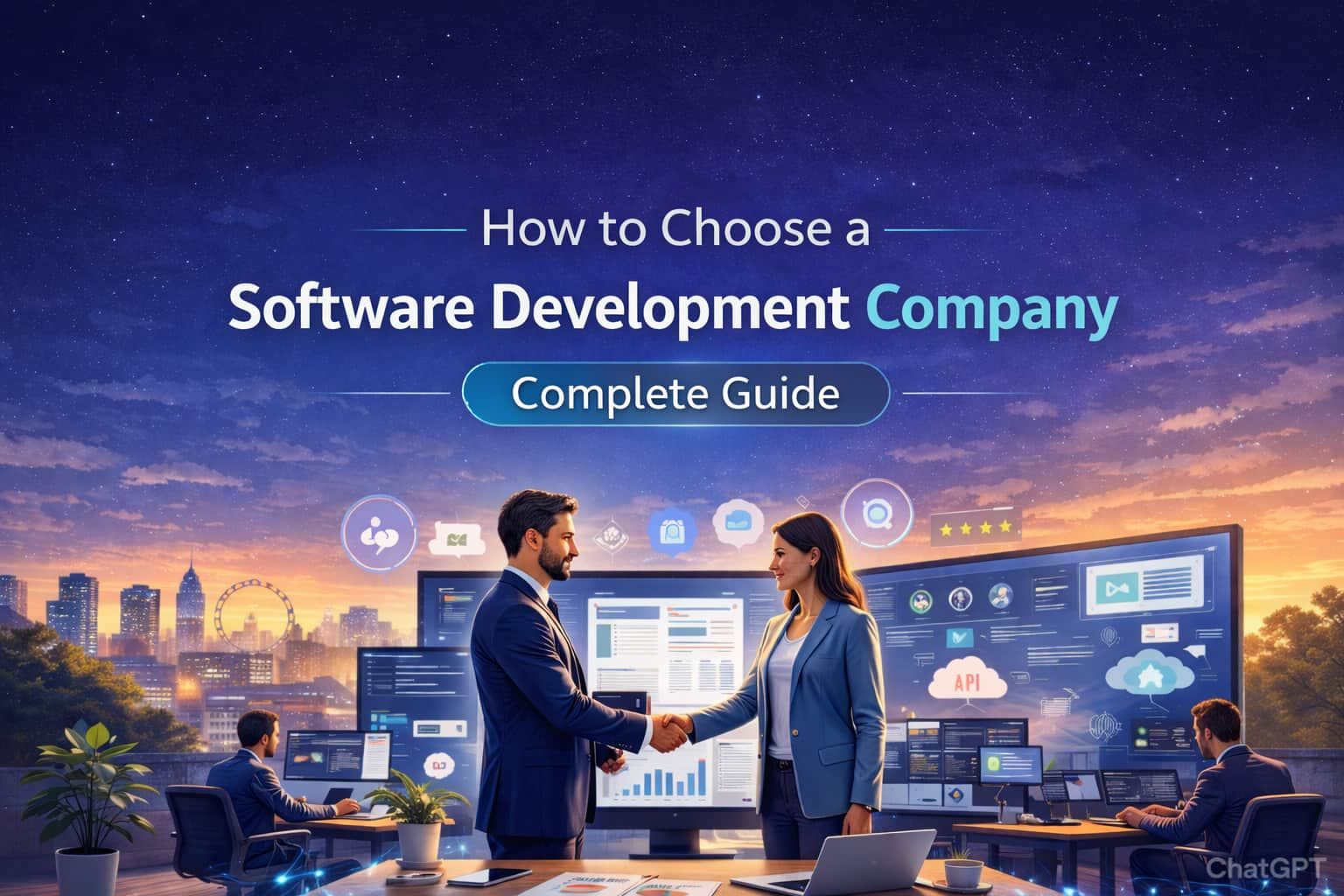So, your start-up needs a new software solution…
That’s not a problem – or a surprise. Thanks to advancing digitisation, custom software design and development is now a necessity for any business that wants a competitive edge. However, turning your ideas into a reality is often easier said than done.
The stakes are especially high in the start-up space, where you must meet tight budgets and timescales, while trying to scale your business.
In this post, we reveal our top tips for start-ups considering a custom software design and development solution, revealing how you can identify a cost-effective and optimised solution.
5 top tips for start-ups considering custom software design and development:
1. Custom or off-the-shelf?
At Make IT Simple, we have worked with a range of start-ups and we would always advise your organisation to choose the most cost-effective software solution. This may or may not be a custom solution. In some cases, we could simply customise an off-the-shelf solution for you, for example.
However, a custom solution is often the best choice for many start-ups, providing the exact features to match your specific requirements. With a custom solution, you will not waste your time and money developing any unnecessary features or be hampered by scalability issues.
What’s more, any required upgrades are completed quickly, and the solution can be developed to integrate with your other technologies. As a result, custom software often provides a competitive advantage and a cost-effective solution.
2. In-house or outsourced software development?
If you decide to take the custom software design and development route, you need to make sure your solution gives you what you need and what you can afford. There are two options to choose from. You can either hire in-house developers or outsource your software development.
While in-hire developers provide you with a faster feedback loop and in-house expertise, these are an expensive option. Not only does their recruitment take time and effort, you’ll also need to invest in your new staff and deal with any staff turnover issues in the longer term.
This is a pertinent point for non-technical founders, who may struggle to understand what skills and experience a new hire requires to get the job done.
What’s more, a full-time employee generally works on one project at a time. Working with a software development company gives you access to a broader range of talent where individuals work across multiple projects – and can bring this expertise to your project.
Outsourcing gives you the expertise you need straight away, at a lower upfront cost, and gives you access to a richer talent pool. With the right software partner in place, you can translate your unique ideas into an engaging software product built for generating profit.
Your start-up can get the expertise and support it needs to extend its reach in the online world through a savvy app, for example, or find the right technical solution to meet your exact business requirements.
3. Choosing the right technology stack
A ‘technology stack’ includes all the programming languages, frameworks, and tools that are used during development to create your final product. It is crucial to define your stack beforehand, as you need to know what expertise your development partner should have.
If you’re a non-technical founder, this is probably a daunting prospect. Your software partner can provide clear guidance, but you shouldn’t automatically rely on your competitors’ tech stack or someone’s subjective opinions alone. You should also consider the following factors:
- Final product – your choice of technology will be different depending on what you want your final product to do.
- Platforms – will your final product be available as a web app? A mobile app? Desktop app? All of the above where you need a multi-platform app development strategy?
- Maturity – how stable and mature is your proposed tech stack?
- Talent pool – are there plenty of experts available to help you develop and maintain your tech into the future?
4. Choosing the right way of working
There are many different software development lifecycles available. The waterfall model, for example, is an established strategy – where you finish one stage of your development before you move onto the next one.
It’s also an inflexible model, where you must understand the entire scope of the project and have a detailed outline of your plans, before you start.
While it’s simple to follow, the waterfall model has also fallen out of favour with many companies due to its inflexibility. You cannot change the project requirements during development and the high project costs often occur when late-stage issues are discovered.
The waterfall model also does not suit products that require support and maintenance, which is a necessity for today’s every-changing tech landscape.
Many companies now use the agile methodology. This gives your software development the flexibility it needs – where a technology is developed in a series of ‘sprints’. These sprints are usually two-week blocks of work where specific requirements are fulfilled in manageable chunks.
It is an initiative – not linear – development methodology, which suits projects that don’t have clear requirements and products that must be able to react to market trends. You can also test early and fine-tune your final products, reducing the number of issues and bugs that reach your end users.
5. Deciding on your budget
With worldwide IT spending predicted to drop by 7.3% in 2020 thanks to the impact of the pandemic, we understand you need to get your financial predictions right for your next project. But this is a tricky undertaking, where your costs will depend on a range of factors – many of which are probably specific to your project.
In particular, cost is linked to development time where the number of working hours for your project is determined by the complexity of your solution. These timescales will depend on:
- Functionality – the more features you want, the longer your project will take.
- Design – are you happy with a ready-made user interface or design? Or do you want a completely new one?
- Platforms – if you want to launch your mobile app on both iOS and Android, for example, your native development will take longer. At Make IT Simple, we build apps that you can easily deploy on both platforms, with one codebase. This not only accelerates your development process but also gives your final app cross-platform availability.
You may want to bear these points in mind when you are costing your project. Also, if you do decide to work with a software partner, you will probably have to choose between one of two pricing models:
- Hourly rate – you are charged based on the number of development hours plus the costs of materials. This provides you with flexibility to pay only for what you need – but you need to prepare yourself for an unclear development budget, which may change over the course of your project.
- Fixed price – your development partner gives you the price list, you negotiate it, and agree on a fixed cost for a specific set of requirements and services.
In summary…
There are many factors to consider when developing a custom software design and development solution. For start-ups, we understand you’re working under considerable pressure – where you want to put the right technologies in place as quickly as possible to set your business in motion.
If you want a cost-effective and adaptable custom software design and development solution, we’re here to help. At Make IT Simple, we have more than 13 years’ experience creating bespoke software for a range of cross-industry companies, including Jaguar, Samsung, Land Rover, Weber, and a range of recruitment companies.
If you’d like to find out more about our experience, previous projects and what our clients say about us, please contact us to speak to one of the team today.




.jpg)
